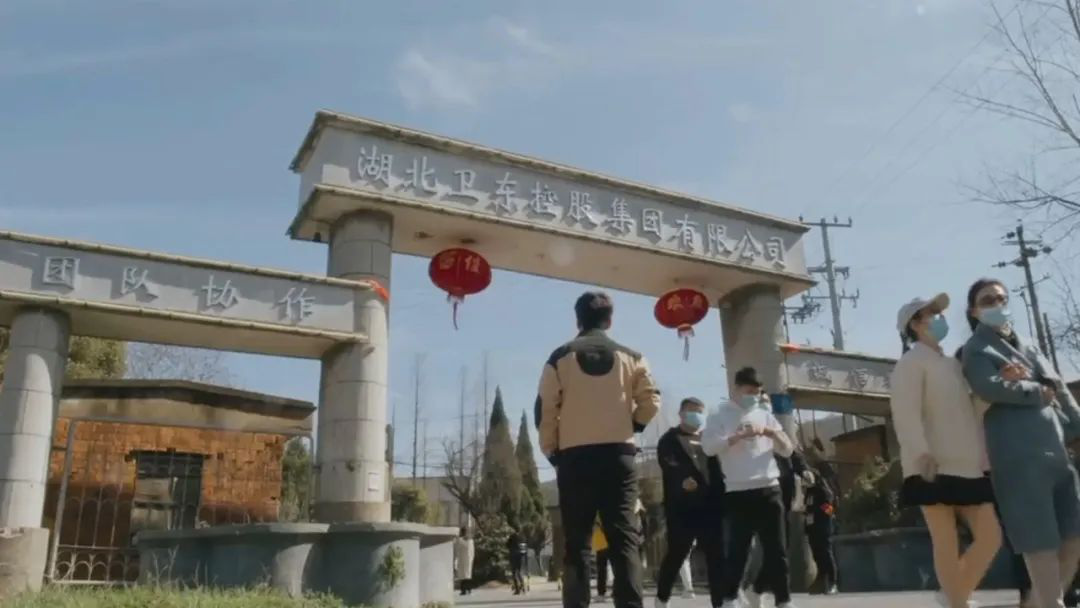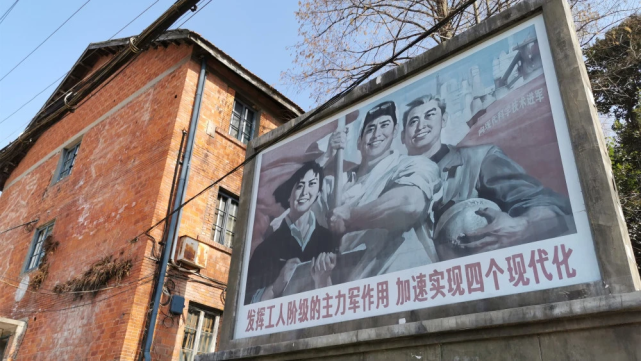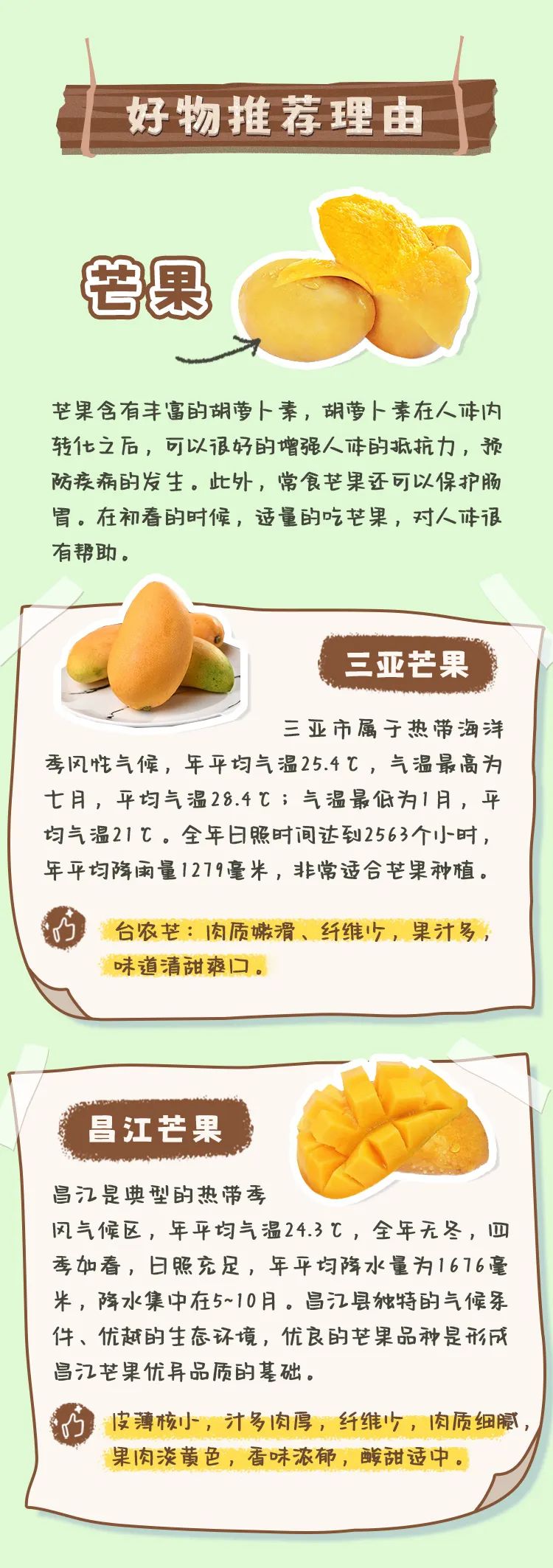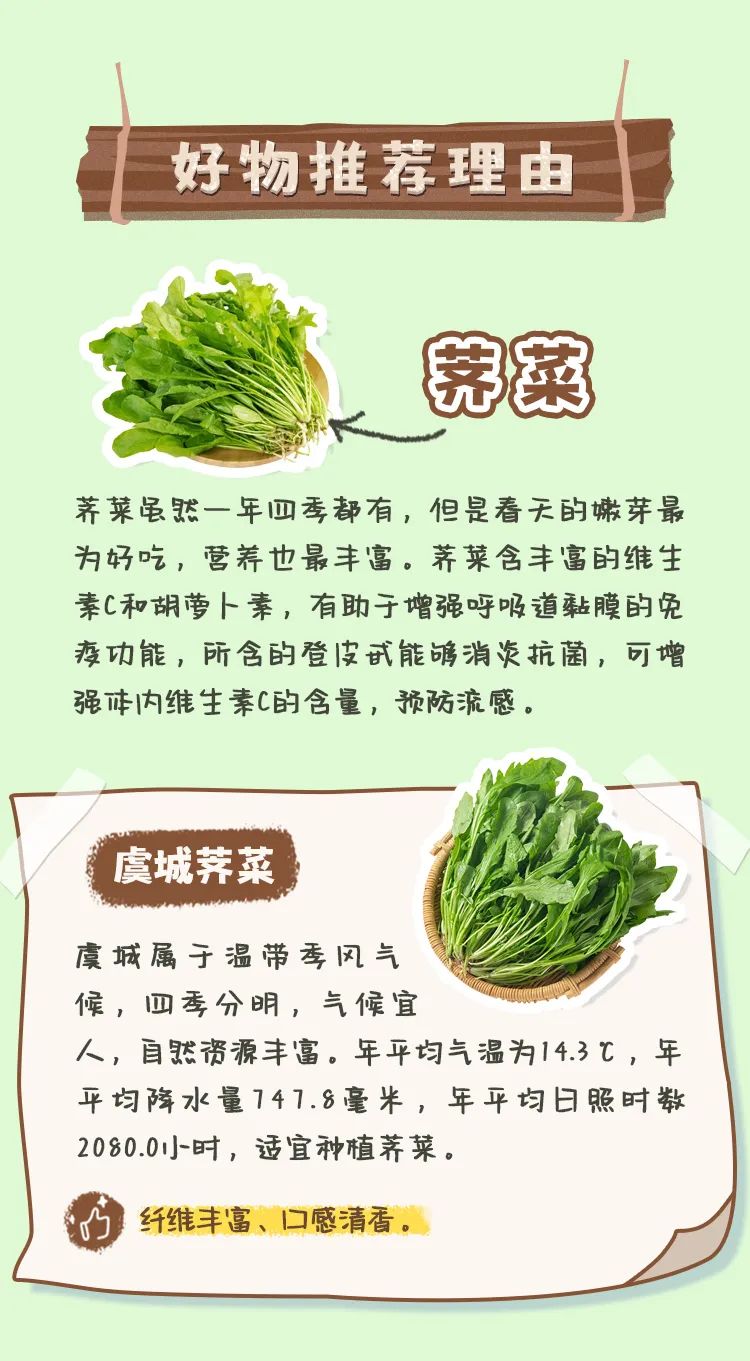
This Spring Festival, Hi, Mom has become a popular film in the Spring Festival schedule. While making a high box office, the film also brought fire to the location of Xiangyang, Hubei Province.
After the release of Hi, Mom, a large number of tourists poured into Hubei Weidong Holding Group Co., Ltd., the main location. The company, formerly known as the State-owned Weidong Machinery Factory, mainly engaged in the production and manufacture of chemical raw materials and chemical products, still retains some features of the State-owned factory in the last century. Staff canteens, barbershops, basketball courts, grocery stores, big signs and other places in the factory are crowded with tourists waiting to take pictures.




Dongfang Chemical Factory is the place where Jia Ling lived with her parents and sister, and the old house of Jia Ling’s family is still preserved. "In the movie, the gate of Shengli Chemical Plant, the ball game and other shots were all taken in our factory. The popularity of the film also made our factory a fire. " The relevant person in charge of the factory said. According to the data of Xiangyang Municipal Bureau of Culture and Tourism, from February 11 to 17, Xiangyang received a total of 837,600 tourists and realized a tourism income of 154.04 million yuan. According to the data of Tik Tok, the topic # Hello, Li Huanying Shooting Place, Xiangyang New Punch Point # has been played 48.18 million times. Under the charm of film and television dramas, the lit destination of cultural tourism is far more than one in Xiangyang, Hubei.
Those "online celebrity attractions" that have been ignited by film and television works.
Through combing, it is found that during holidays, the appearance rate of "online celebrity attractions" which became popular due to the explosion of film and television dramas is comparable to that of famous tourist attractions. Last summer, the suspense drama "The Hidden Corner" spread all over the network. Besides the actors in the play, Zhanjiang, Guangdong Province, which was shot and set, also became a new scenic spot in online celebrity. Within a week of the drama’s popularity, Zhanjiang’s tourism fever rose by 261% week-on-week.

The place where Zhu Chaoyang swims with his father in the play (called "Chikan Swimming Shed" by locals) has attracted more than 2,000 visitors every day. The Benlisto convenience store in front of Zhu Chaoyang’s house, the corner where Pupu recognized Zhang Dongsheng, the Xinhua Bookstore where three children often went, and the breakfast shop where the old police officer took Yan Liang to eat were all located in the famous Chikan Old Street in Zhanjiang, and netizens also marked them as "holy places".
The Longest Day In Chang’an is also worth mentioning. During the broadcast, "Xi ‘an fever" was promoted. From the delicious food in Xi ‘an, to the ancient buildings in Xi ‘an, and then to the local government’s initiative to promote the theme of "See Chang ‘an at twelve o’clock and visit the ancient capital of Xi ‘an", the ancient capital of Xi ‘an was very popular at that time. According to the data of a travel platform, the search volume of air tickets rose to 200% in just one week in Xi ‘an.
On the occasion of the broadcast of the court drama Story of Yanxi Palace, the presentation of "Yanxi Palace" in the drama directly ignited the "unpopular tourist route of the Forbidden City" in that year. According to the media reports at that time, "many foreign tourists who travel to the Forbidden City will also specifically tell the tour guide’ Be sure to go to Yanxi Palace’."
After the broadcast of The Untamed, it led to the "Eleventh Guizhou Punch Card Fever" of that year. A barren hill in Duyun, Guizhou Province, attracted a large number of fans to punch in because the characters Lan Zhan and Wei Ying walked by. The barren hill, which had no one to come, abruptly made a way out.

stage photo

live scene

Punching strategy map of "Chen Qing Ling Girl"
The film’s ability to carry goods should not be underestimated. Since Han Han’s movie "See You Later" was broadcast in the summer of 2014, Dongji Island, located in Dongji Town, Putuo District, Zhoushan City, Zhejiang Province, has caught fire, and the number of tourists visiting here on holidays has increased by nearly 10 times. For this reason, the shenjiamen Banshengdong Wharf, which is the only way to Dongji Island, has increased the ferry service, and even a ticket is hard to find. According to official data, in 2015, the number of visitors to the East Pole exceeded 200,000, an increase of over 50% compared with 2013.
The film "The Richest Man in Xihong City" quickly set off a tourism boom in Xiamen and Penglai. Many people will be curious about Shen Teng’s "Bao Xia" Castle Hotel in the film. In fact, its real name is Wencheng Castle, which is located in Penglai, Shandong Province. It was built by Li Wencheng, a master architect, and his team after 10 years and spent 600 million yuan, covering an area of more than 5,000 square meters. Since the release of The Richest Man in Xihong City, the search popularity of keyword products such as Xiamen, Penglai and Penglai Wencheng Castle on a tourism platform has increased by 31%, 162% and 210% respectively. In terms of the predetermined number of people, Xiamen attracts more young couples (couples), of which the post-80 s and post-90 s accounted for 37% and 41% respectively; Penglai Wencheng Castle attracts mainly parent-child families, and its "Deluxe Sea View Triple Room" is the best selling, and "Castle Tour" has become the most popular parent-child travel mode that summer vacation. Some tourism platforms have also taken the opportunity to launch a family-friendly tour package. Visitors can not only stay in and visit the splendid castle, but also visit a large-scale organic grape plantation in the castle and get two bottles of local red wine. It is worth mentioning that the hotel room price is not as luxurious as in the movie, and it only takes a few hundred yuan to completely reproduce the "hundreds of millions of scenery" in the movie.
Film and television works bring huge traffic.
According to the Global Tourism Destination Analysis Report, 24.5% of China tourists said that they would be tempted by a certain destination after watching the film and television works, so that they would like to experience the scenery in the camera and experience the same route of the stars. Film and television IP has brought huge traffic to tourist attractions, making previously unknown scenic spots "red" and driving the local tourism economy. Take Wuzhen as an example. A local film "Time Like Water" made Wuzhen famous, but Wuzhen was not satisfied with the temporary scenery-from a sightseeing town to a holiday town to a cultural town. On the road of differentiation, Wuzhen launched cultural IP such as Wuzhen Drama Festival and Muxin Art Museum with culture as its personality, giving birth to more diverse and colorful forms.
Also with the help of the promotion of film and television, the Zhujiayu Scenic Area in Jinan, which is known as the "famous village of Chinese history and culture", can tap its own cultural value. Many people learned about Zhujiayu through the hit drama "Going to the East". Since the Ming Dynasty, Zhujiayu has gone through more than 600 years of ups and downs, and still completely preserved the original architectural pattern. With an area of 7,000 mu, there are nearly 200 ancient buildings, 99 stone bridges, 66 Jing Quan and more than 100 natural landscapes … With its own cultural value and film and television popularity, Zhujiayu Scenic Area has built a new era spirit education base and a new era spirit exhibition hall. Five scenic spots in Zhujiayu Old Street were restored, eight traditional workshops were restored, and 21 damaged houses in Zhujiayu Old Street were restored. In the next step, Zhujiayu will become an ancient village in Qilu’s original ecological mountain area with important influence in China, which integrates four functions: nostalgic experience, film and television shooting, painting and calligraphy sketching, and cultural research. Today, Zhujiayu Village is known as "the first ancient village in Qilu, the first specimen in Jiangbei" and a 4A-level scenic spot.

Zhujiayu Street View

Zhu Kaishan old house
In 2010, a movie "If You Are the One 2" caught fire in Yalong Bay in Sanya. Until today, tourists’ evaluation of Yalong Bay has been high. Among them, Bohou Village in Sanya, located in the southwest of Yalong Bay National Tourist Area, is particularly worth mentioning. Before Bohou village, the land had been immersed in seawater all the year round, and it had been salinized. In 2017, Sanya municipal government repositioned the village and began to build beautiful countryside. At present, Bohou Village has developed 25 travel rentals and inns, which can provide nearly 500 rooms, 2 farmhouses and 1 supermarket. Since beautiful countryside was built in 2017, the annual per capita income of villagers has reached 19,000 yuan, of which the annual per capita income of villagers has reached 30,000 yuan after the renovation of Xinpo District in beautiful countryside.
Avoid the explosion effect "short-lived glory"
The radiation effect of film and television travel should not be underestimated, but many scenic spots are prone to "booing" and "IP". The industry believes that cultural IP hot topics alone are not enough, and the supporting facilities and services of tourist destinations need to be continuously improved in order to create high-quality IP attractions.
Taking Xi ‘an as an example, after the upsurge of Xi ‘an tourism in The Longest Day In Chang’an, Xi ‘an Culture and Tourism Bureau took the IP of film and television works as an opportunity to hold city tourism promotion activities and launch related cultural and tourism products. In recent years, because some scenes in the Japanese animated film Spirited Away written and directed by Miyazaki Hayao are similar to Hongyadong, a popular scenic spot in Chongqing, many people once thought that Hongyadong was one of the "locations" of the animated film, making Hongyadong, which is a popular tourist destination, more sought after.
It’s also very important to make new ideas in publicity and promotion. In the film My People My Homeland unit story "A UFO falls from the sky", the location of "Five-hundred-meter Aperture Spherical Radio Telescope (FAST)", "Bridge of the sky", astronomical town, alien home inn, etc., let the audience remember the beautiful scenery of traditional villages in Gelai and many other places. With the flow of film and television works, the local media center has launched a series of reports on "My hometown and my hometown, the story of Guizhou", aiming to project the film into reality and attract more tourists.
For cultural travel destinations, the favor of film and television is only a lucky "lottery ticket" after all. Whether you can cash huge bonuses from it, besides luck, it is more important to have more sincere operation and layout.
Source: Public Network Poster News, People’s Network, Xinhuanet, Xiangyang Evening News, etc.
—



















